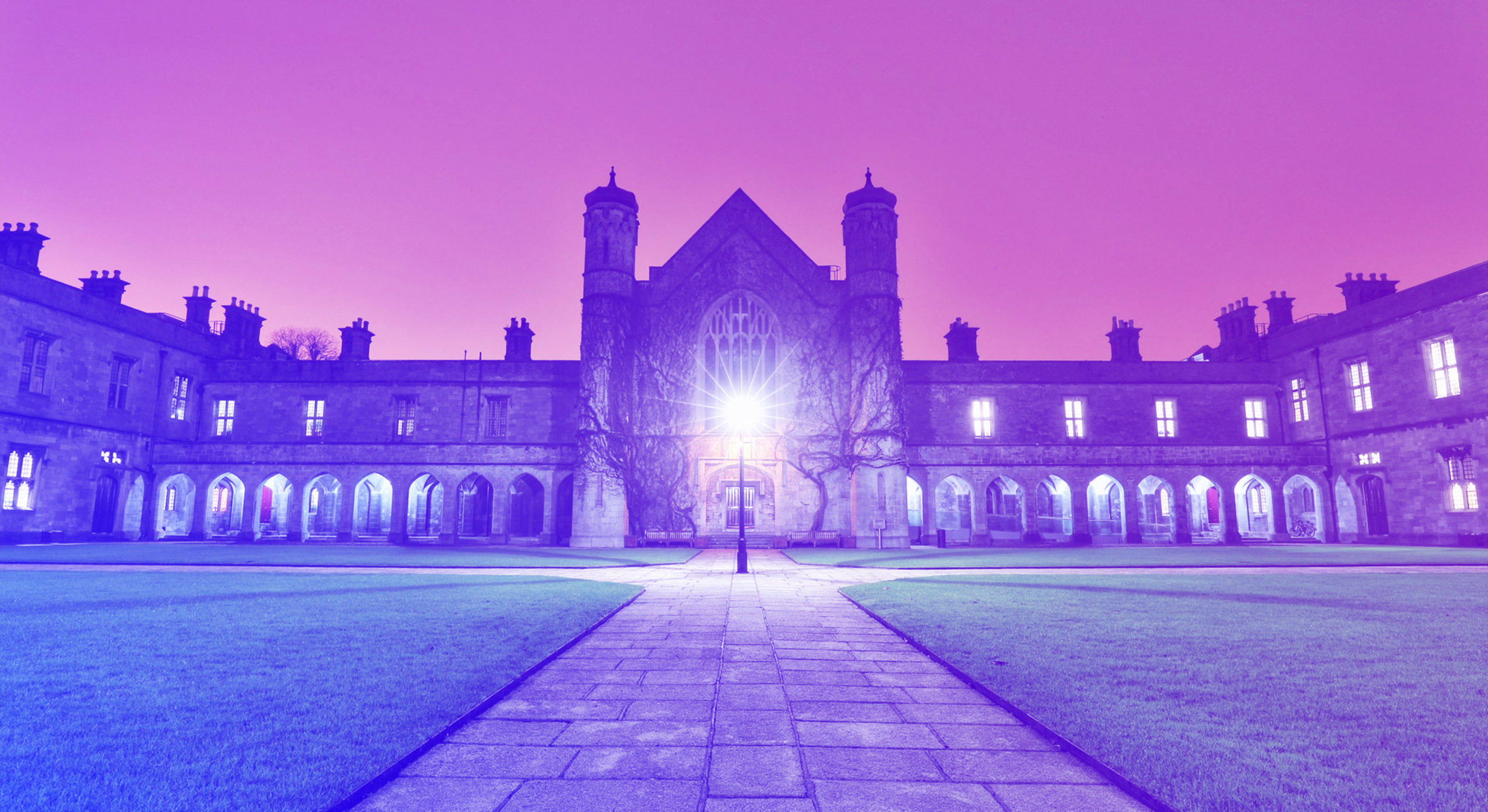Partner introduction: National University of Ireland, Galway (NUI Galway; Irish: OÉ Gaillimh)
The NUI Galway team has worked with AI music applications such as generative drumming with neural networks, control of sound synthesizers, and data sonification

- What is the relation between your organisation/institution and music?
NUI Galway has a strong tradition of teaching and research in music, from classical to Irish traditional music, with taught courses and lively concert programmes. The Arts in Action programme brings together a wide variety of musicians, many with Galway roots.
- What do you bring to the Polifonia project?
We bring expertise in the areas of artificial intelligence, data mining, music technology, music performance, and musicology of Irish traditional music with the Irish Traditional Music Archives. Our team has worked with AI music applications such as generative drumming with neural networks, control of sound synthesizers, and data sonification. We have also experience with mainstream (non-musical) data mining techniques.
- What do you hope to get out of the Polifonia project?
We hope that our biggest benefit from the Polifonia project will be the confrontation of our existing knowledge by a bigger team, new datasets, diverse musical traditions, new music-related data mining tasks. We will be challenged to move beyond the research and ideas we already know, to create new international, interdisciplinary, polyphonic research.
Image credits: CC4: Chaosheng Zhang (NUI Galway) https://twitter.com/zhangchaosheng










